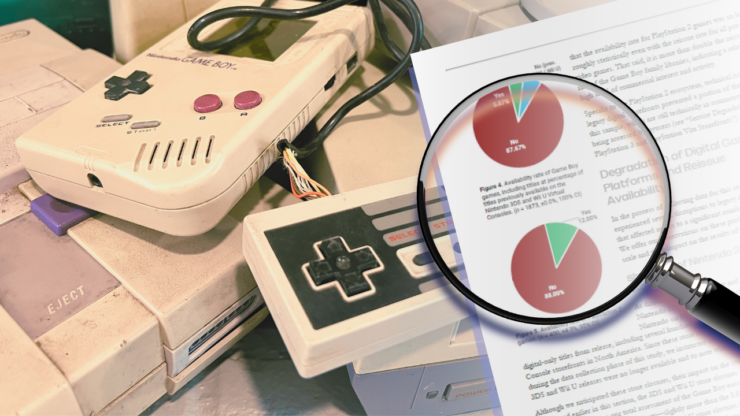Reflection Blog 3 New Models: Video Game Literacy & Preservation

According to the National Literacy Trust, “video games are a significant cultural and creative force, often involving a number of art forms, including narrative, design and audio composition” (2024). Video games are simply more than just games. They can educate and teach not only children and young adults but everyone. People can immerse themselves in the power of storytelling, use their brains to solve complex problems, learn about design, listen and experience music and sounds effects, and be creative when figuring out the best approach to a game. A 2021 study by the National Literacy Trust found that video games:
- Give young people a route into reading and writing
- Improve confidence in young people’s reading skills
- Immerse young people in stories
- Support positive communication with family and friends
- Increase empathy and support wellbeing
- Engage boys and reluctant readers with literacy
Each of these findings prove that video games are much more valuable than people may believe in helping foster important life skills.
A 2023 study by the Video Game History Foundation found that 87% of video games created before 2010 are unavailable and unplayable. It is sad that many opportunities for education, and nostalgia, are being locked away forever (2023). The “Video Game History Foundation has been working with the Software Preservation Network to find a way for libraries and archives to remotely share digital access to out-of-print games, which are currently forbidden by Section 1201 of the DMC” (Game Developer, 2024). Unfortunately, this battle was lost on October 25th, 2024, when the U.S. Copyright Office denied the exemption for libraries and archives to make games available again for educational use. They claim that there is not enough evidence that this would be fair use. Libraries and archives are one of the few institutions that would have the power to ensure these games are not lost forever. Will these games fade away because of strict copyright laws? Only time will tell if these powerful technological pieces of art and history will be lost forever.
References:
Game Developer. (2024, October 25). U.S. Copyright Office rejects DMCA exemption to support game preservation. https://www.gamedeveloper.com/business/u-s-copyright-office-rejects-dmca-exemption-to-support-game-preservation
Game Developer. (2023, July 10). Study finds nearly every pre-2010 video game is unavailable. https://www.gamedeveloper.com/game-platforms/study-finds-nearly-every-pre-2010-video-game-is-unavailable
National Literacy Trust. (n.d.). Video games and literacy. Literacy Trust. https://literacytrust.org.uk/information/what-is-literacy/video-games-and-literacy/
2 Comments
Millicent
@kylehanson I believe that video games can teach many different skills and are important, and it is so sad that these games can not be openly shared. I really hope the Video Game History Foundation is able to help battle this, so that these games can be played and shared again.
Michael Stephens
@kylehanson thanks for this insightful post about making sure that video games are available. When I was on a speaking tour in Germany, we visited the gaming museum in one of the cities and forgive me. I can’t remember which one where they were actually able to bring up virtual games from arcades in the 80s when I used to play those games. This is the one they showed me:
https://en.wikipedia.org/wiki/Tempest_(video_game)
I was obsessed with that one in 81!